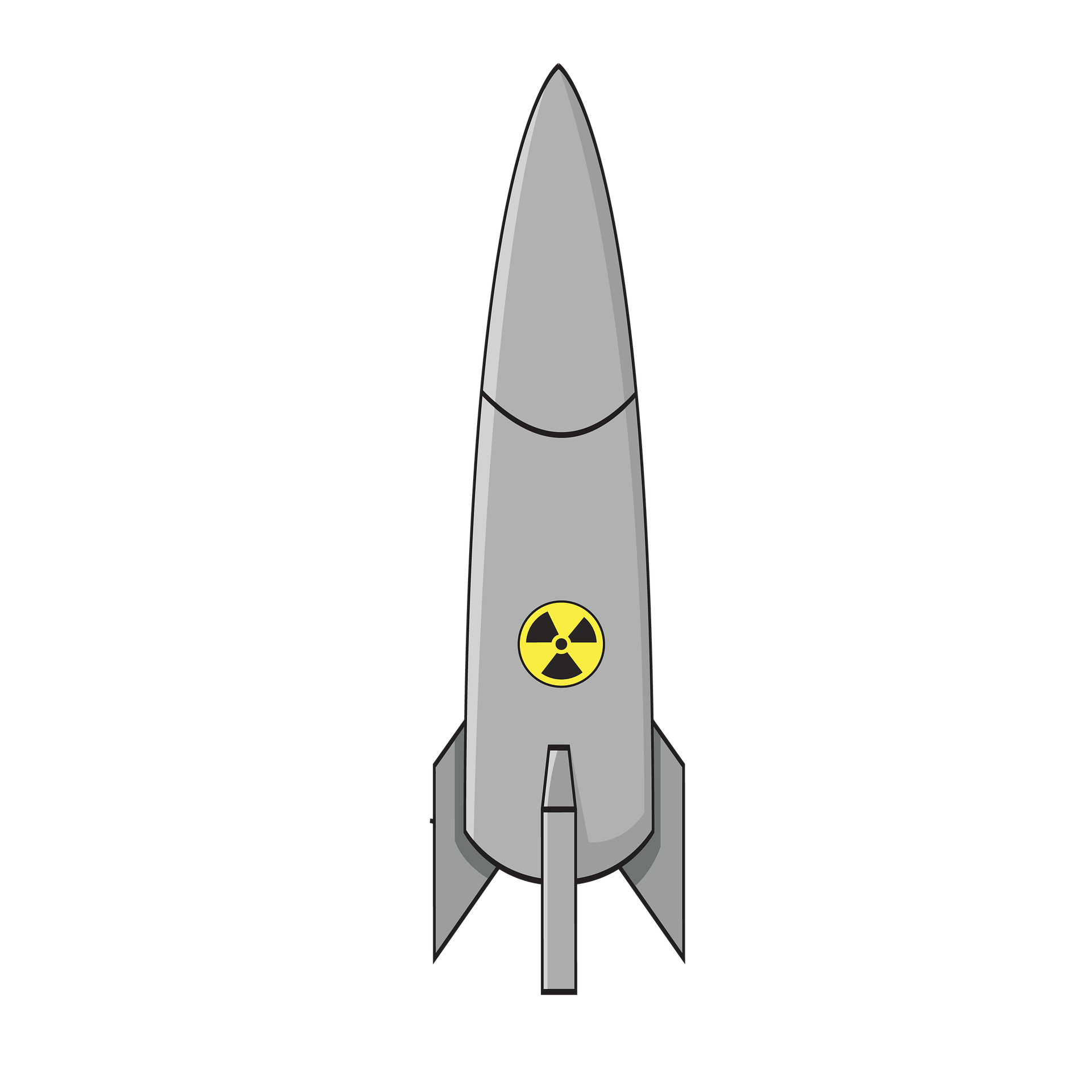
403
Sorry!!
Error! We're sorry, but the page you were looking for doesn't exist.
Research reveals nuclear-weaponized countries boosting arsenal
(MENAFN) In a recent annual report, the Stockholm International Peace Research Institute (SIPRI) emphasized that the world is currently facing one of its most precarious periods due to significant expansions in nuclear arsenals by major global powers. The institute, renowned for its analysis of global security and arms control, noted that diplomatic efforts aimed at nuclear arms control have encountered setbacks, exacerbated by deteriorating geopolitical relations aggravated by conflicts in Ukraine and Gaza.
According to SIPRI's report, the nine nuclear-armed states – the US, Russia, the United Kingdom, France, China, India, Pakistan, North Korea, and Israel – have intensified the modernization of their nuclear capabilities. Throughout 2023, several of these nations introduced new nuclear-armed or nuclear-capable weapon systems, underscoring an alarming trend of nuclear weapons re-emerging as significant players in international relations, reminiscent of the Cold War era.
Wilfred Wan, director of SIPRI’s Weapons of Mass Destruction Program, expressed deep concern over the notable increase in the deployment of nuclear warheads on missiles and aircraft. SIPRI’s findings revealed that out of approximately 12,121 nuclear warheads globally, around 9,585 were stockpiled for potential use as of January, with about 2,100 maintained in a state of "high operational alert" specifically for ballistic missiles.
Dan Smith, director of SIPRI, lamented the year-on-year rise in operational nuclear warheads, stressing the urgency for renewed efforts in nuclear disarmament and arms control measures. SIPRI's report highlighted that despite stable overall stockpile sizes in 2023, Russia reportedly augmented its operational forces with approximately 36 more warheads compared to the previous year.
The institute further underscored that Russia and the United States collectively possess nearly 90 percent of the world’s nuclear weapons. This dominance underscores their pivotal roles in global nuclear dynamics, despite efforts to stabilize arsenals amid escalating tensions and geopolitical rivalries worldwide.
According to SIPRI's report, the nine nuclear-armed states – the US, Russia, the United Kingdom, France, China, India, Pakistan, North Korea, and Israel – have intensified the modernization of their nuclear capabilities. Throughout 2023, several of these nations introduced new nuclear-armed or nuclear-capable weapon systems, underscoring an alarming trend of nuclear weapons re-emerging as significant players in international relations, reminiscent of the Cold War era.
Wilfred Wan, director of SIPRI’s Weapons of Mass Destruction Program, expressed deep concern over the notable increase in the deployment of nuclear warheads on missiles and aircraft. SIPRI’s findings revealed that out of approximately 12,121 nuclear warheads globally, around 9,585 were stockpiled for potential use as of January, with about 2,100 maintained in a state of "high operational alert" specifically for ballistic missiles.
Dan Smith, director of SIPRI, lamented the year-on-year rise in operational nuclear warheads, stressing the urgency for renewed efforts in nuclear disarmament and arms control measures. SIPRI's report highlighted that despite stable overall stockpile sizes in 2023, Russia reportedly augmented its operational forces with approximately 36 more warheads compared to the previous year.
The institute further underscored that Russia and the United States collectively possess nearly 90 percent of the world’s nuclear weapons. This dominance underscores their pivotal roles in global nuclear dynamics, despite efforts to stabilize arsenals amid escalating tensions and geopolitical rivalries worldwide.

Legal Disclaimer:
MENAFN provides the
information “as is” without warranty of any kind. We do not accept
any responsibility or liability for the accuracy, content, images,
videos, licenses, completeness, legality, or reliability of the information
contained in this article. If you have any complaints or copyright
issues related to this article, kindly contact the provider above.


















Comments
No comment